Exploring U2: Is This Rock n Roll?
Essays on the Music, Work, and Influence of U2
Edited by Scott Calhoun

the scarecrow press, inc.
Lanham Toronto Plymouth, UK
2012
Published by Scarecrow Press, Inc.
A wholly owned subsidiary of The Rowman & Littlefield Publishing Group, Inc.
4501 Forbes Boulevard, Suite 200, Lanham, Maryland 20706
http://www.scarecrowpress.com
Estover Road, Plymouth PL6 7PY, United Kingdom
Copyright 2012 by Scott Calhoun
All quotations from the songs of U2 and other songs are used in good faith strictly for purposes of educational illustration or argument.
All rights reserved. No part of this book may be reproduced in any form or by any electronic or mechanical means, including information storage and retrieval systems, without written permission from the publisher, except by a reviewer who may quote passages in a review.
British Library Cataloguing in Publication Information Available
Library of Congress Cataloging-in-Publication Data
Exploring U2 : is this rock n roll? : essays on the music, work, and
influence of U2 / edited by Scott Calhoun.
p. cm.
Includes bibliographical references and index.
ISBN 978-0-8108-8157-0 (cloth : alk. paper) ISBN 978-0-8108-8158-7
(ebook)
1. U2 (Musical group) 2. Rock musicIrelandHistory and criticism. I.
Calhoun, Scott.
ML421.U2E97 2012
782.42166092'2dc23 2011026157
 The paper used in this publication meets the minimum requirements of American National Standard for Information SciencesPermanence of Paper for Printed Library Materials, ANSI/NISO Z39.48-1992. Printed in the United States of America
The paper used in this publication meets the minimum requirements of American National Standard for Information SciencesPermanence of Paper for Printed Library Materials, ANSI/NISO Z39.48-1992. Printed in the United States of America
For Garilynthank you for your hope, patience, and love along my way.
Foreword: U2Contents and Discontents
Anthony DeCurtis
T his foreword originated as my keynote address at U2: The Hype and the Feedback, a conference devoted to U2 at North Carolina Central University, Durham, October 2009. At their best, in my estimation, keynote addresses are more exhortatory than detailed analyses filled with scintillating insights. The real hard work, the carving out and defining of new directions and the reexamination and challenging of long-standing but perhaps wrong or no-longer-useful assumptions, occurs in panel presentations and discussionsand in the bar. Most certainly, in this case, in the bar. Keynotes should be exactly what the term denotes: the statement of a primary theme. It should serve as a reminder of why all have come together. It should be a statement of purpose and, in some broad sense, a call to action.
Sounding a keynote involves a certain amount of rediscovering the obvious. After all, on the most superficial level, all who attended the conference knew why we all had come there: to celebrate and explore the music and meaning of U2, a band that, for many of us, had been part of our lives for nearly thirty years and a significant source of pleasure and inspiration. The conference provided an opportunity to revivify that pleasure and reenergize that inspiration. And now this book arrives to document much of the good work that took place.
As in any decades-long relationship, its easy to take our connection to and understanding of U2 for granted. As we all know, U2 rarely does anything in a quiet way, so whenever the band is active, we have plenty of opportunities to engage it. We can buy the music, see the videos, read the interviews, watch the television performances, and, as has been increasingly true in recent years, assess the ongoing success or failure of the groups elaborate marketing gambitsan aspect of U2s public identity that Bruce Springsteen hilariously punctured when he inducted the band into the Rock and Roll Hall of Fame in March 2005.
Referring with mock envy to U2s iPod ad, which featured the song Vertigo and for which the band did not take a fee, Springsteen remarked, Smart, wily Irish guys. Anybody... anybody... can do an ad and take the money. But to do the ad and not take the money... thats smart. Thats wily.
What Springsteen was getting at, what he was having fun with, is U2s tendency to walk right up to a line of ethical or political or aesthetic or musical compromise and dramatically fail to cross it. It is virtually a U2 hallmark to push everything as far as it can go but no further. It is one of the bands signatures to acknowledge and even respect a world in which total purity is impossible, in which keeping your hands perfectly clean is simply not feasible, but somehow to still remain refreshingly pure and clean. Pure and clean arent words that the members of U2 would necessarily apply to themselves or their actions, but they are true nonetheless.
One of the obvious truths about U2 that I rediscovered in the course of preparing for the conference is how much has been written about the band. And a strange corollary of that for me was reencountering how much Ive written about the band, beginning with a very enthusiastic review of The Unforgettable Fire for Record magazine in 1984. But as much as has been written about U2 and as much of it is strong, original, and varied, at least one theme emerges over the course of time: the sense of U2s bringing itself to a critical crossroads, with everythingthe bands commercial viability, critical credibility, and moral standingat stake.
Of course, at least some of that impression is the result of rock critic posturing: It gives a story a much greater sense of occasion if a writer can somehow define a storys peg as not merely the release of a new album but a make-or-break moment of truth for the band and all that it represents. U2s relentless sense of drama plays into this as well. Bonos sheer enthusiasm ensures that no U2 release will ever be merely quotidian. Beyond that, his hyperarticulate rendering of the bands aesthetic and personal motivations makes every album sound like a dramatic departure from its predecessors. Finally, the simple fact is that U2 has reinvented itself a number of times, pushed certain styles to the breaking point, and then switched directions. Each of those moves won new fans and disappointed others, got praised or pilloried by critics, and genuinely put some aspects of the bands ongoing success at risk.
The first crisis to confront U2 was the question of whether or not the band could live up to the scale of its audacious ambitions. Before U2 had ever performed in the United States and before the bands first album, Boy , was even released here, Bono told Jim Henke of Rolling Stone , I dont mean to sound arrogant, but even at this stage, I do feel that we are meant to be one of the great groups. Theres a certain spark, a certain chemistry, that was special about the Stones, the Who and the Beatles, and I think its also special about U2. The story ended with Bono declaring, It is my ambition to travel to America and give it what I consider it wants and needs.
I dont mean to sound arrogant: oh, heaven forfend! That statement should probably be appended to all of Bonos public declarations, as he would likely be the first to admit. That story would hardly be the last time that Bonos mouth raised issues about U2s self-importance and position in the worldand it wouldnt be the last. But it called valuable attention to the band. Having your band written about in Rolling Stone under the semi-ironic headline Here Comes the Next Big Thing obviously incites certain expectations, as decades of artists blessed and cursed with the title of New Dylan can attest. But it also makes it impossible to be ignored, and it forces people to at least give a listena state of affairs that any band just starting out and desperate to be noticed would find desirable. That U2 was capable of cashing the check of Bonos claim is precisely what has made the bands excesses seem charming rather than off-putting over the years.

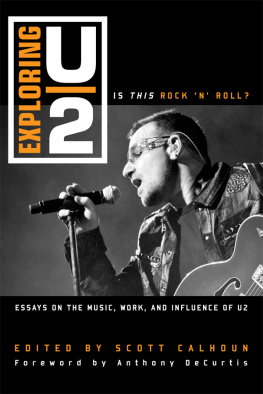


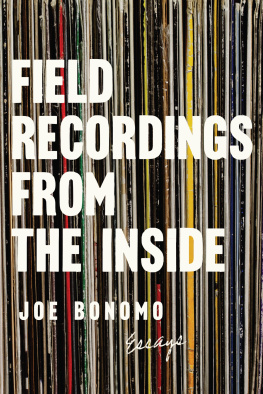
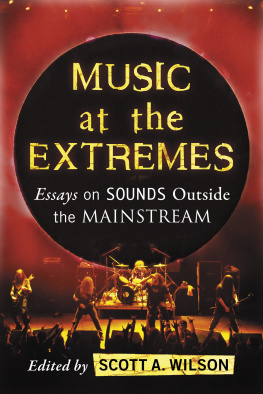
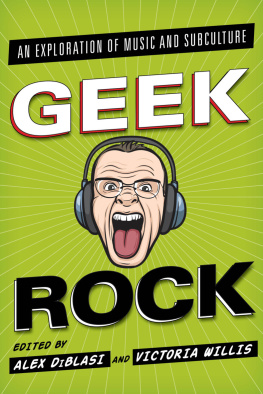
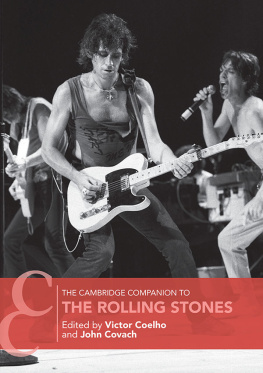

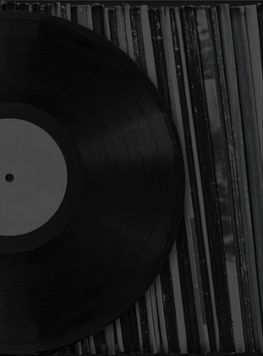
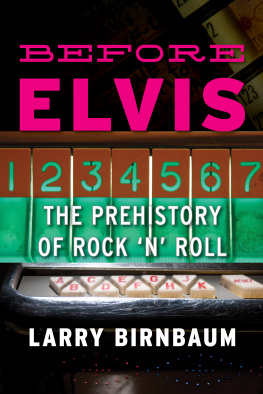
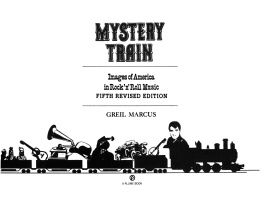

 The paper used in this publication meets the minimum requirements of American National Standard for Information SciencesPermanence of Paper for Printed Library Materials, ANSI/NISO Z39.48-1992. Printed in the United States of America
The paper used in this publication meets the minimum requirements of American National Standard for Information SciencesPermanence of Paper for Printed Library Materials, ANSI/NISO Z39.48-1992. Printed in the United States of America